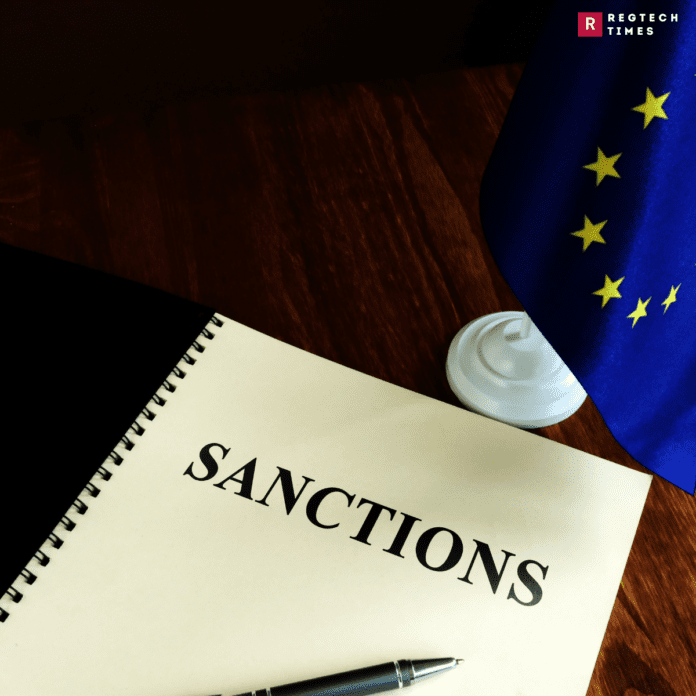In response to the escalating need for robust measures against evading sanctions, the European Union has recently introduced a groundbreaking law criminalizing such offences. The AML Intelligence Reporter highlights the pivotal developments in this legal landscape, emphasizing the crucial role it plays in addressing financial services and ensuring a more stringent enforcement of EU sanctions. As member nations come together to designate specific behaviours as crimes, this article delves into the intricacies of the new legislation, shedding light on the diverse range of sanctioned activities and the corresponding penalties.
The EU has introduced a criminal offence for evading sanctions, addressing financial services. The AML Intelligence Reporter wrote this article. An agreement has been reached on a law that criminalizes penalty evasion across Europe. According to the statute, member nations must designate specific behaviours as crimes. These include:
- Offering financial services or carrying out financial activities that are forbidden or restricted.
- Concealing the ownership of money or other resources by an individual, organization, or body that is sanctioned by the EU.
- Assisting individuals subject to EU restrictive measures in circumventing a travel ban.
- Trading goods that are sanctioned and conducting business with states or entities subject to EU restrictive measures.
Encouraging, supporting, and promoting these offences will also be illegal.
The trade of war material will be illegal in both purposeful and gravely negligent cases. The European Council stated that the newly implemented EU rule “ensures that those who violate or evade EU sanctions will be penalized.” The Council emphasized the significance of this in light of Russia’s aggressive war against Ukraine.
Disincentive fines are imperative to ensure that member states appropriately penalize any infringement of EU sanctions. In cases where a restrictive measure is knowingly violated, the maximum penalty must include a prison sentence. Member states must ensure that offences covered by this directive carry a maximum sentence of at least one year or, depending on the offence, at least five years in prison. It is within the authority of member states to enact laws providing for longer penalties. Violators of EU restrictive measures may face fines in addition to jail time.
Negotiators from the European Parliament and the Council have agreed that legal entities, such as corporations, may be held accountable for violations listed in this regulation. This would be the case if someone in a senior role within the business committed such an act for their profit. Legal entities that break these restrictions may face penalties, including disqualification of commercial operations and revocation of licenses and authorizations to operate economically.
Riskacademy of Riskpro offers 25 different skill certifications.
To ensure adherence to EU sanctions, member states must intensify their efforts. They will be required to establish a limitation period, or the time within which a lawsuit must be filed, and take action to seize and freeze money resulting from sanctions violations.
The representatives of member states (Coreper) will review and approve the interim accord. If agreed, the draft will be legally adopted by the European Parliament and Council.
Within the EU’s toolkit for foreign and security policy, restrictive measures play a significant role. Member states bear the duty of enforcing EU sanctions, but national systems addressing breaches of EU sanctions vary greatly. The Commission proposed the current directive on December 5, 2022, aiming to tighten the enforcement of sanctions and prevent their circumvention.
In conclusion, the EU’s recent introduction of criminal offences for evading sanctions represents a pivotal move to fortify financial services and enhance the enforcement of restrictive measures. By criminalizing a range of activities and imposing substantial penalties, including prison sentences and fines, the EU aims to deter violations significantly. As member states intensify efforts to enforce these sanctions, the directive signals a robust commitment to accountability and security in the evolving landscape of international finance and diplomacy.



